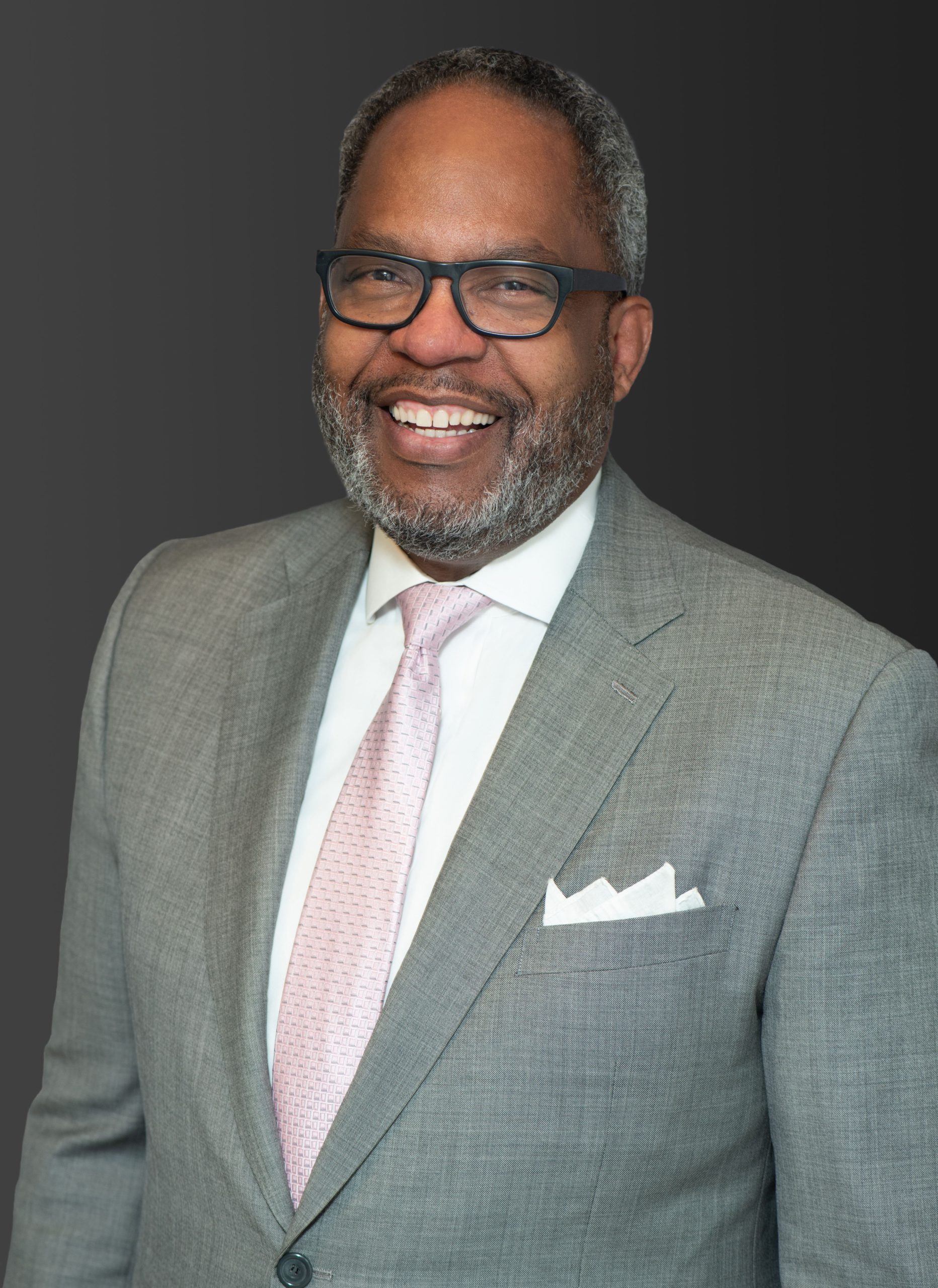Earlier this month, as racial tensions reached a fevered pitch around the country, the leadership at Korn Ferry opened up conversations among their workforce and clients about the harsh realities of racial inequalities in the workplace. Video townhalls featured top executives while webinars addressed topics such as structural inclusion and white privilege, and another featured several generations of Black professionals sharing the pain and anger they feel from systemic racism.
Key to these efforts is Michael Hyter, the newly named chief diversity officer at the global organizational consulting firm. Hyter joined the organization in 2012 and most recently served as managing partner of its Washington D.C. office. Diversity and inclusion have been cornerstones of his work, including as the head of Korn Ferry’s internal Diversity & Inclusion Council and previously as president and managing partner of D&I firm Global Novations, which Korn Ferry acquired.
See also: Putting words into action on racial inequality
Hyter recently spoke with HRE about the current environment, the future of D&I and HR’s role in moving the ball forward.

HRE: Throughout your career, what kind of evolutions have you seen in how companies approach D&I?
Hyter: In the past, Diversity and Inclusion was largely considered an expertise approach, with a person responsible for mainly compliance, affirmative-action reporting and diversity training. Then, it evolved as a recruitment of people of color strategy, with hiring as the primary driver of the approach.
It has now evolved to being more of a strategic value to the entire talent lifecycle versus just hiring. Integrating D&I processes (the ability to leverage differences) within the structure of the talent cycle–recruitment, hiring, onboarding, development, succession planning, rewards and benefits parity–makes it more of an enabler of the business strategy successes versus just a nice thing to do.
HRE: What lasting impacts do you think the current protests and conversations around racial inequality will have on how organizations think about and execute on D&I?
HRE: How have Korn Ferry employees reacted in the last few weeks to the town hall and other messages leadership has sent? What kind of ongoing conversation will there be?
Hyter: Employees have been overwhelmingly positive and appreciative of the town hall and other “real talk”-related messages shared. There is a real appreciation of our CEO and others being willing to listen and engage in dialogue with others specifically about race and racism and its impact on the hearts and minds of others. There is clearly a need for people within companies to feel recognition by leaders of the pain and concern that our colleagues are feeling. It is important to advancing the culture within a company versus just talking about revenue and growth etc.
We’ve recognized the importance of the conversations, and plan on having them regularly as a result. But strengthening our leadership team’s ability to facilitate these types of discussions at the local and regional level, versus discussions solely at the corporate and global level, is the best way to build a sustainable process.
Related: Companies embracing Juneteenth as paid holiday
HRE: What are a few of your short-term priorities for your new role, as well as long-term goals?
Hyter: Short-term, listening to our employees, meeting with all our leaders globally to be grounded in how the culture is perceived [and] areas of opportunities/improvement will help to inform the updated D&I strategy. Enhancing our global leadership team’s ability to practice Conscious Inclusion so it’s a universal skill set is also important short-term. Reviewing our internal onboarding, development and succession-planning processes will also be a short-term priority. Long-term, a clear strategy that incorporates strategic partnerships, employee resource groups, integrating D&I practices within the entire talent lifecycle of the company and leveraging diverse teams by design innovation is the goal.
Hyter: Being very behavioral-competencies-oriented when making hiring and promotion decisions, eliminating the tendency for intuitive decisions; being intentional about positioning people for high-value, visible assignments that stretch them; and improving inclusive leadership skills for all people leaders within the company are all important elements to making a difference. And then celebrate the successes; nothing creates positive momentum better than seeing success and wanting to duplicate it.

